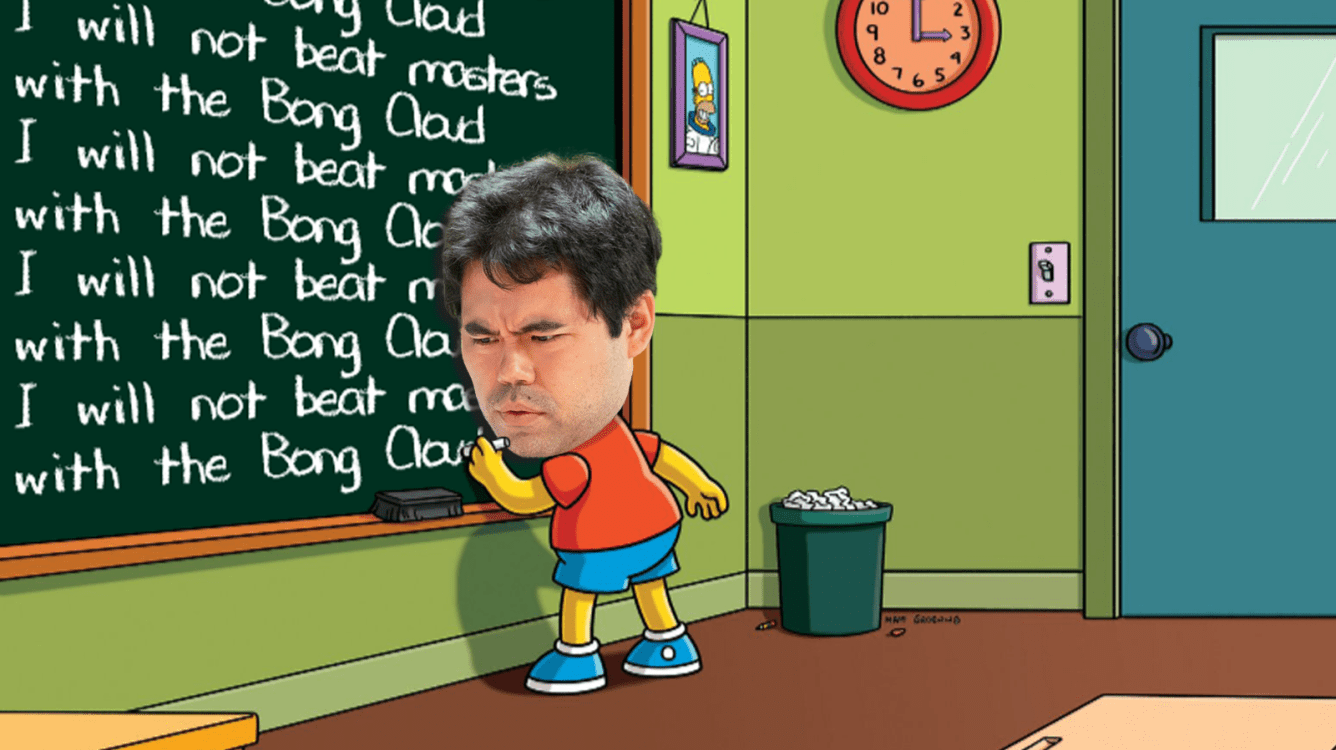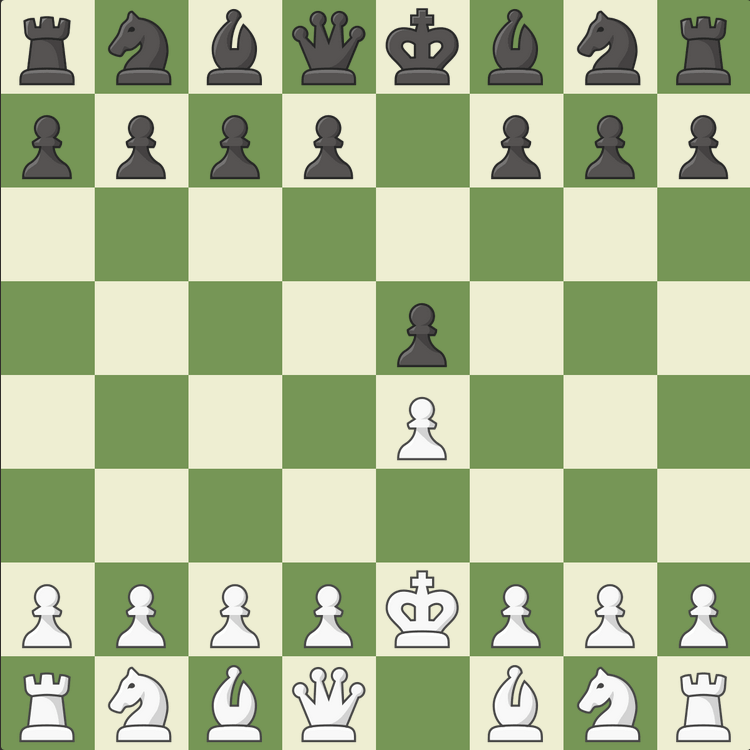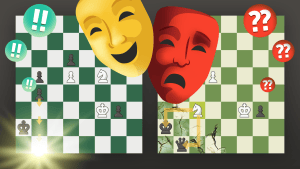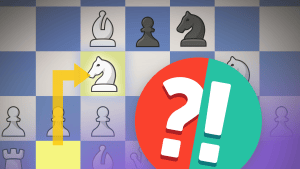
Chess Trolling: The Good, The Bad And The Ugly
We live in the internet age and trolling is part of it, whether you like it or not. Since chess is quickly transforming into an online game (we discussed this topic here), we all have seen numerous cases of chess trolling. In this article, I would like to discuss how this phenomenon of modern chess affects the future of our favorite game.
First of all, let's loosely define what trolling is. In dozens of definitions of trolling found online, you'll see words like hostility, harassment, or provocation. Since we are going to talk specifically about chess trolling, I think we can summarize it as an intentional attempt to ruin other people's enjoyment of the game.
If we accept this definition, you can ask: "How in the world can chess trolling be good?" Well, two of my favorite trolling chess games are these:
In these two games, the American Chess Superman, GM Hikaru Nakamura, publicly humiliated top chess engines of the day, but no one got offended and pretty much everyone enjoyed the process!
There are good ways to troll human opponents as well. I even wrote an article two years ago about an opening for chess trolls (I was referring to Alekhine's Defense). Or imagine a situation where you are playing a strictly positional player who wants to reach his favorite position in the Ruy Lopez. Suddenly you surprise him with the King's Gambit. He is probably thinking: "Are you kidding me playing this junk?" So, if you think about it, you are ruining his playing experience because he is going to enjoy the sharp positions of the King's Gambit much less than he would enjoy his pet lines in the Ruy Lopez. But this is the nature of our sport and I suppose when you checkmate your opponent's king you most probably ruin his playing experience as well.
Now let's talk about bad chess trolling. Say we see the following game:
We can argue about the quality of King's Gambit or Alekhine's Defense. For example, GM Bobby Fischer believed that he had refuted the King's Gambit with his defense 3...d6. Nevertheless, no one is going to deny that both openings have a clear chess goal.
Meanwhile, an "opening" like the one played by GM Wesley So in the game above has no chess point whatsoever. It has only one goal: to affect the opponent in one way or another. If you are still not sure what I am talking about, here is one more example from a recent Titled Tuesday tournament:
Do I hate the opening played by Nakamura? You bet! And he was close to losing the game right away after an early attack on the f2-square, similar to the following short game:
No matter how much I hate the opening played by Nakamura, it is impossible to deny that it has some points: the fianchetto of the light-squared bishop and gaining space on the kingside. So, to me it is similar to "the offensive chess opening"—1.e4 e5 2.Qh5?!—which was another move Nakamura occasionally played at one point. I hope now you can see the difference between the openings played by Nakamura and So.
Now let me talk about the really ugly part of chess trolling. When leading grandmasters troll each other, they might see it as something innocent, sort of an inside joke if you will. What they forget is that they are role models for many aspiring players and for instance kids do whatever their idols do! Here is a game from the recently concluded 17th Susan Polgar Foundation National Open for Girls & Boys.
The players are no beginners, mind you, rated close to USCF expert level. There is clearly no chess reason to play 1.f3 followed by 2.Kf2 other than to troll the opponent, and I see a huge problem here.
To explain it, let me borrow an idea from a famous musician I know. He said that when he watched a beautiful documentary about the legendary pianist Sviatoslav Richter, he noticed that there were only a couple of thousand views despite the video being posted many years ago. Next to this documentary, he saw a video of a contemporary musician where every other word could have been bleeped out. That video had several million views in a matter of days.
And that is a problem of modern society. He argued that if they taught classical music in schools it would raise the general level of culture and eventually would lower the crime level and possibly prevent many wars. I already explained a long time ago why I avoid topics even remotely political, so I'll stop right here, but I think you get the point of this brilliant person.
Now let's get back to chess. Many of my younger students have never heard about the Opera Game, but all of them know the Bongcloud! We are losing chess culture with every passing minute. The things that were unthinkable when chess was still the "royal game" are becoming a sad reality during the transformation of chess into the "internet meme game."

If during my childhood years a master told me that he would secretly help me during my games I would be surprised, and wonder: "Whatever for?" I started playing chess because I was enchanted by this beautiful world. I could be creative there and basically could do whatever I wanted to do. What would be the point of just repeating the moves that such a master would tell me to play?
And yet too many players today see nothing wrong in using computer help, which I believe is a direct result of the absence of a stronger chess culture. Indeed, if you see chess as a whole different world, full of magic and freedom that you cannot find in a real life, you would never ruin this world just to gain extra rating points and win (steal!) some prize money.
To paraphrase the aforementioned musician: if you want to stop cheating as a global problem, you need to significantly raise the level of general chess culture. And since our top GMs are ambassadors of our favorite game, they need to realize their responsibility and act accordingly!

